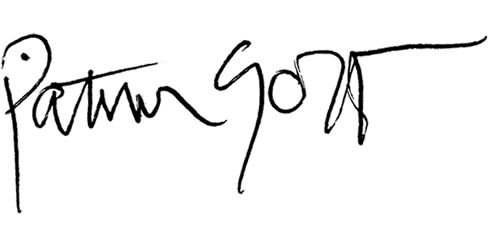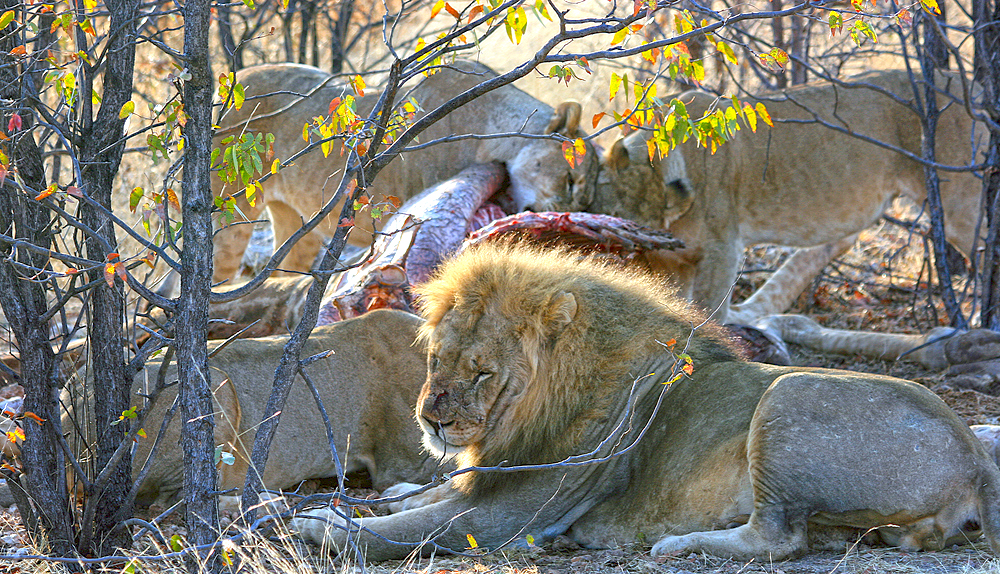I’m very lucky to have relations in South Africa. This makes travelling to the Dark Continent relatively affordable, but generally tourism to Africa, especially safari tours, is an expensive activity for a European or American. Yet over 40% of tourists to SA come from Britain, and Germany is dominant in the Namibian tourist industry. For all African countries tourism represents a way of bringing foreign capital into the country, and the tourist services provide a welcome boost to employment. The major draw for western tourists is the wildlife and landscape across Africa. This means communities have to live with wildlife, not slaughter it.
It is distressing to see images of stupid hunters who think it is glorious to kill the shrinking numbers of beasts in the ever decreasing wilderness area. Much better trophies are the images ‘hunted’ in a camera, demanding the same physical skills often as those of the hunter with a gun but demanding much more in terms of brain power. The guides and the attendant tribe of hotel staffs are needed of course by both, but sustainability is the name of the game here. Hunting has killed hundreds of rhino in South Africa and made it virtually extinct in other African countries, partly for horn, partly for trophies.

Look into the eyes of this 6month old cub and you will see the Landrover, showing how close one gets
The lion is the king of the beasts and is more hunted for a trophy, but much as I indicated in my article on photography in the Sossusvlei, the skill is not with the moron with the gun but with the guide who takes them to the shot. These guides use the same skills for the photographer as they do for the predominantly white hunter. As a tourist the thrill is being close to these beasts, safely of course, and the whole experience supplemented by return to luxury in the camp or hotel.
Safety is predominantly in the mind of your hosts – one boasted to me on arrival ‘we haven’t had anyone eaten this year’ and if you listen and keep to what they advise then you are as safe as you would be in Peckham, Haarlem or the suburbs of Paris. Experiences can be done on a budget – self drive safaris are possible (see this article on self – drive safari in South Africa) but it is better done with a guide. They know where the game is to be found, and make sure you see safely.
The guides know they are reliant on life with the lions for their income. So save your pennies and go. Enjoy not just life with the lions, but walking with rhino’s, be bedazzled by zebra. Help, by doing so, ensure the survival of wilderness as a part of the lives of our grandchildren




I’m glad you care for wildlife. I wish you would broaden your understanding of challenges in wildlife conservation issues in Africa. For example, the link between potential rhino/elephant extinction and the huge market demand for rhino horn and elephant tusks that exists for in East Asia markets. #darkcontinent
Not to mention the lack of respect for the rule of law that characterises so much of the continent
There is nothing like the smell of a lion kill. What an amazing and priveleged experience this is.